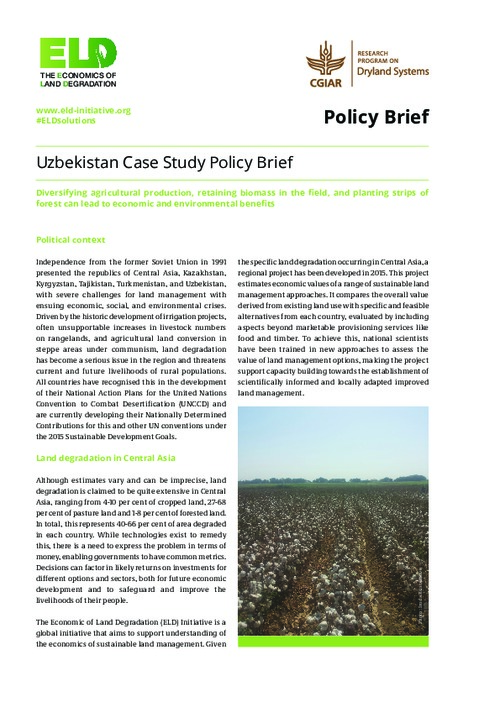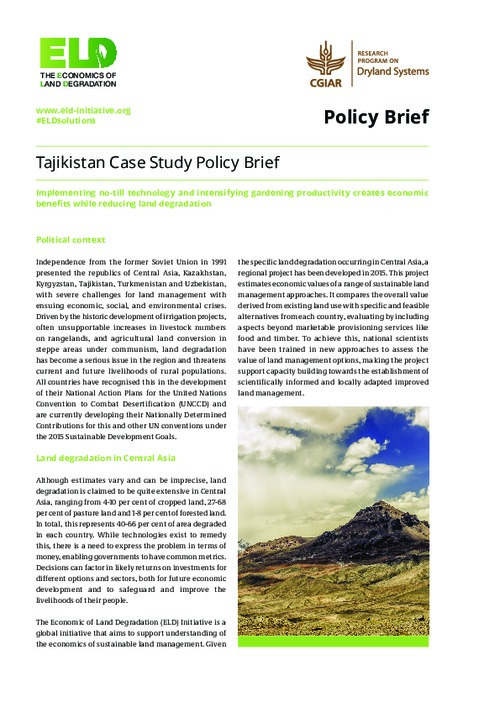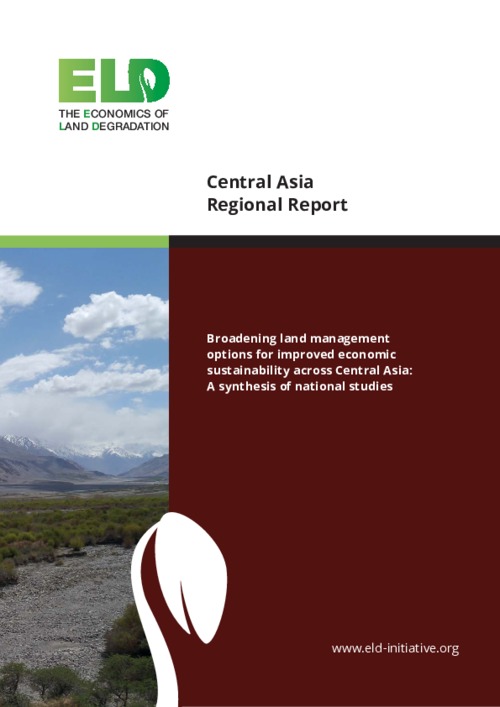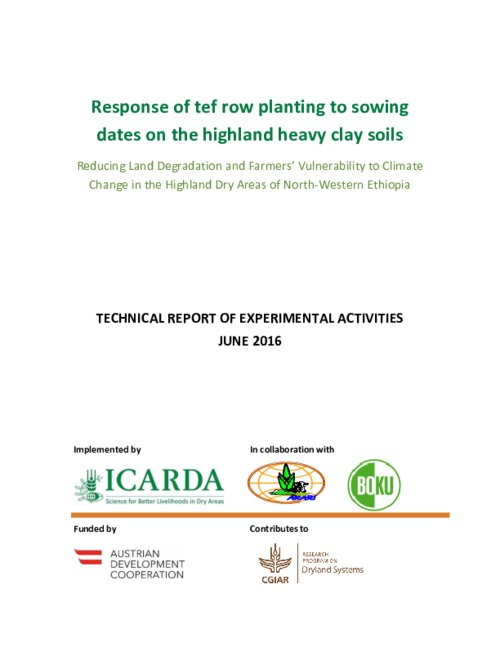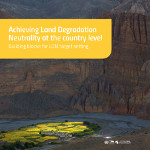Land degradation states and trends in the northwestern Maghreb drylands, 1998–2008
States of ecological maturity and temporal trends of drylands in Morocco, Algeria and Tunisia north of 28 N are reported for 1998–2008. The input data were Normalized Difference Vegetation Index databases and corresponding climate fields, at a spatial resolution of 1 km and a temporal resolution of one month. States convey opposing dynamics of human exploitation and ecological succession.



